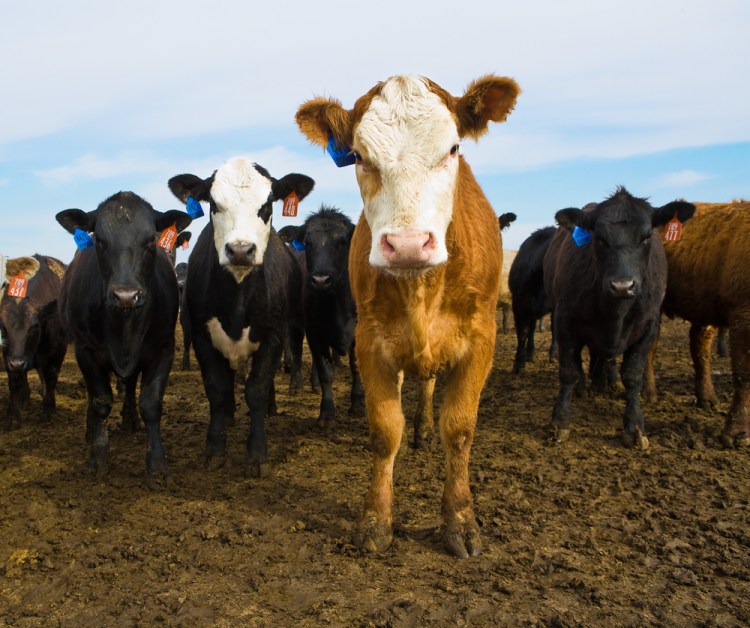What costs $500 million USD and can churn out up to 1 million cattle embryos a year? A new livestock cloning facility in north China is hoping to do just that, starting production in the first half of 2016, according to one of the companies involved.
The project is a joint venture between Boyalife Group, Peking University, the Tianjin International Joint Academy of Biomedicine and Korea-based biotech foundation Sooam.
Along with cattle, the plant also plans to produce sniffer dogs, pet dogs, and racehorses. While cloning projects have been undertaken by Chinese scientists since the early 2000s, there is yet to be a commercial enterprise for cloned livestock.
Boyalife says in a release that they have cloned three Tibetan mastiff puppies as part of their first joint venture with Sooam in September 2014. However increasing output to 1 million head of cattle per year seems somewhat unrealistic in the near future.
The company says it will start with 100,000 cattle per year, scaling up to the 1 million mark in an unspecified time range.
Chairman of Boyalife says that “Chinese farmers are struggling to produce enough beef cattle to meet market demand.”
China’s demand for beef is indeed rising, with live exports expected to double to 200,000 in 2016. China is expected to consume 7.4 million tonnes of beef in 2016, with the country expected to produce approximately 90% of that amount according to the USDA Foreign Agriculture Service.
Recently Australia signed a hotly debated deal to allow 1 million head of annual live exports to China beginning in 2016. Interestingly, it’s exactly the same amount Boyalife and Sooam are hoping to ‘manufacture’ in their single cloning facility.
Boyalife says the project will also include a research laboratory, gene bank, and museum.
Currently beef consumption sits at just 15% that of pork due to prohibitive pricing. As China’s middle class expands, the demand for reasonably priced beef could bolster cloning projects. However China is still in the process of opening itself up to new markets for beef imports, including Brazil.
This year the European Parliament voted in favor of a ban on similar commercial cloning techniques citing animal welfare issues.
This story originally appeared on TechNode. Copyright 2015
VentureBeat's mission is to be a digital town square for technical decision-makers to gain knowledge about transformative enterprise technology and transact. Learn More

